 A Faqir’s journey of becoming a Pushkin Pushkin Rahman The Family
I believe I am the first “boy” born of Bangladeshi parents that settled in Australia in the 1960s. I proudly claim this honour, although I have done nothing myself to achieve it. Deepa, the daughter of Dr. Fazlul Huq, Associate Professor, Sydney University was the first child born in Sydney of that generation. My father was the second of eight children, and was the eldest son. A very talented student, through his numerous scholarships he was able to travel the globe and study at various universities across the world. He studied for Bachelor of Agriculture at the Dhaka University and was later a house tutor and lecturer at the same University. He then received a scholarship, which allowed him to travel to Beirut where he obtained Masters of Agriculture at The American University of Beirut in the late 1960s. After this, he received another scholarship to undertake his PhD at the University of NSW. It was towards the end of his PhD that I was born, which also coincided with the Bangladesh famine of 1974. My father’s supervisor at the time became concerned for the wellbeing of his student’s young family and the newly born child. He feared of the dire and dangerous circumstance that may be faced by us amid a growing famine across the country. Eventually, through his supervisor's kindness and compassion, we were sponsored to stay in Australia permanently. After my father completed his doctorate, he worked at the Prince of Wales Hospital as a Scientific Officer, working in the Endocrinology Laboratory until his retirement in the early 1990’s. By God’s Grace, my father was able to repay this wonderful opportunity to stay in Australia in many ways. He helped many new immigrants from Bangladesh in more than one way with their initial settlement. These acts of kindness were ongoing and ever-present throughout his lifetime. During his lifetime he set up an orphanage in his hometown in Bangladesh. I am privileged to be able to visit the outfit as often as I can to see that it is operating effectively. My father was always there for the community in many capacities until his passing away in August of 2019. May God grant him peace and serenity in the hereafter, Ameen.
My sister was a very significant influence in my life, as she was responsible for constantly pulling me back to my studies, forever battling my lack of desire to study, fighting against my keen interests in sports. She was a highly competent student herself, who excelled in her primary and high school years, eventually doing both a Bachelors of Accounting and a Masters in Information Systems from the University of NSW. She was one of the fundamental reasons for my tertiary studies and my university success. Like me, she has two children, and battles with the same challenges my own children represent to us. Growing up in Australia My full name is ‘Faqir Mohammad Mehbubur Rahman’. This name posed a lot of challenges for me growing up in Australia, and I was constantly teased due to both the colour of my skin and my unusual name. The name was very unusual amongst a suburban landscape where migrants of non-white appearance were rare, a product of the ‘White Australia Policy’ in those early days. The ‘White Australia Policy’ enacted in 1901, formally known as the Immigration Restriction Act of 1901. This Act effectively stopped all non-European immigration into Australia which contributed to the development of a racially insulated white society. Though this racial discriminatory policy was annulled in 1966, the negative attitude towards non-European immigrants prevailed well into the 80s. For an innocent tender mind from a very different social, cultural & religious background, I often found life difficult to withstand & sustain. The teasing was particularly harsh in relation to ‘Faqir’, which sounded more like an expletive than the more aspirational meaning of a true servant of God, a poor man of God, a soul emptied of self. ‘Mehbubur’ was totally unpronounceable, as the English language was not fashioned to pronounce such complicated and foreign names. As such, the surname of the great Russian poet and philosopher, Alexander Pushkin or ‘Pushkin’ was adopted as both my formal and ‘dak nam’ (‘called name’ or ‘nickname’, which is used by family members and close friends). The name itself came from a Russian colleague of my mothers. My mother liked it and embraced it wholeheartedly as my own name. 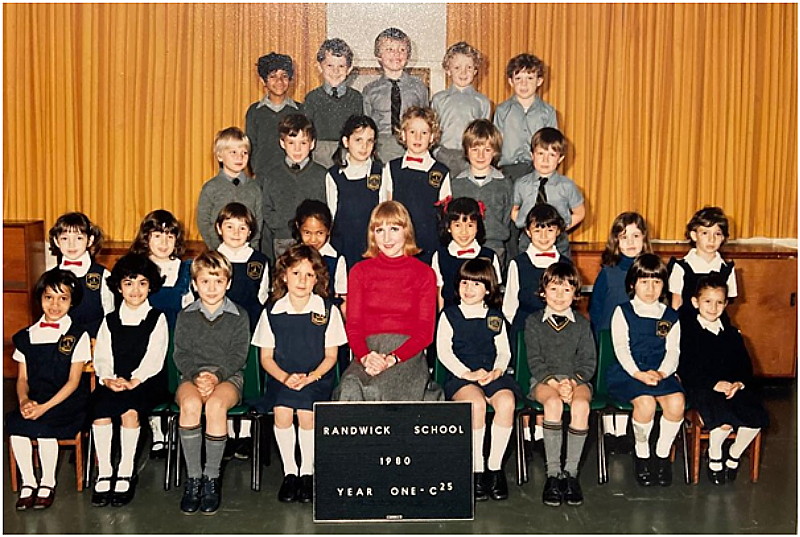 Myself last row left most. Shumi (Late Mr. Ali Akbar’s daughter and Choto Munna’s sister) front row left most Growing up in those early years in primary school from 1979-1985 was difficult. However, there were some wonderful years early on, as several Bangladeshi immigrant children enrolled at the Randwick Primary School for the first few years of my schooling. Unfortunately, those friends either went on to high school or moved to other schools, leaving me as the only child of Bengali origin. I was left alone with fewer darker-skinned children, who were often subjected to the rampant racism of the time. Even some of the teaching staff carried the racist attitude of the time. One particular teacher had decidedly more abrupt attitude toward the darker children. I later became aware that she held on to this attitude right up until her retirement! I was called some abhorrent names in those early years, ‘Blackie’ amongst many much more offensive names. Despite the racism in those early years, and the scaring of such behaviour that still lives with me to this very day, it was through sport and my love of cricket throughout those years that enabled me to almost escape such white communal differences. 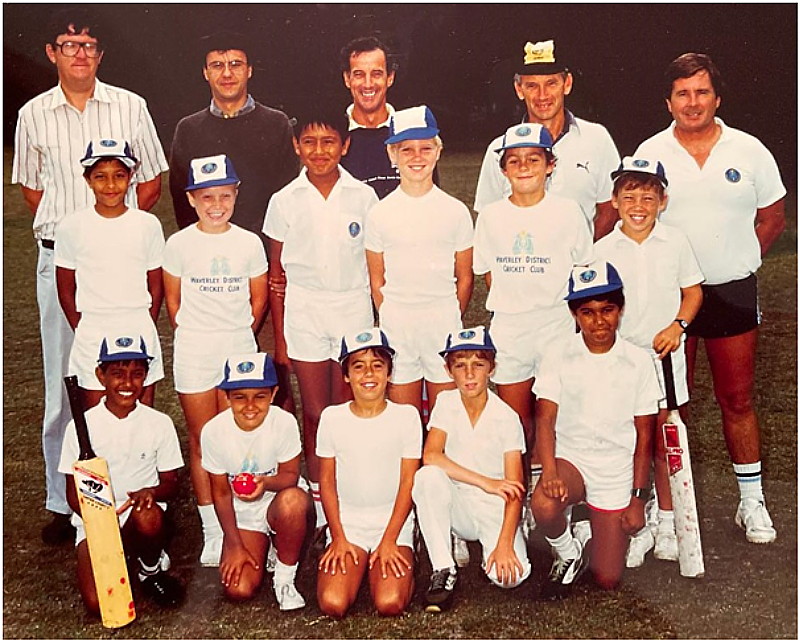 Front row: left most Shahan (Barrister Salahuddin’s son) right most myself I played representative cricket for my district, which provided both a new level of respect amongst my white fraternity and provided some momentary solace that transcended the daily racism I faced. Language, Culture and Identity I attended Randwick Boys High School from 1986 to 1991, with a small episode at Maroubra Bay High School for 2 years in between. These years were filled with new challenges; such as determining if one was a Bengali, an Australian or some hybrid of the two, and the curious question of where religion fits into this milieu. It was further complicated with my family’s intense lifelong involvement with organising and arranging yearly Bangladeshi cultural spectaculars, that climaxed at the end of the year with an annual function. My father was the President of the Bangladesh Association of Australia, which represented the Bangladeshi community in Sydney on a number of occasions throughout the 1980s. This resulted in the use of our home for cultural activities and endeavours. Forever it seemed we had dance troupes and singers practising at our home, and also at what became our second home; the Bundock Community Centre of Randwick. We would spend weekends at the Community Centre with my Bengali friends playing sports and games, whilst my sister, mother and many aunties taught children and teenagers how to dance and sing. On one occasion in 1989, I too was roped into one of these functions. Those Sundays at the Community Centre were precious to me, and were one of the highlights of the week, on top of playing Cricket and Soccer on Saturdays. As our parents desired that we were not lost to our ancestral language, culture and religion. We attended for many years Bangla and Arabic school on Sunday mornings. For many years my father and another family would carpool from the Eastern Suburbs out to Parramatta for Sunday school. The school used to sit in a small building opposite where the Parramatta Court Houses are today. There we were taught Arabic and Bangla. As time went on, Arabic and Bangla schools opened closer to our home in the eastern suburbs as the community propagated across Sydney. Consequently, we studied at a school closer to home. The Uni years I studied the Bachelor of Mechanical Engineering, from 1992-1996 at the University of Wollongong, where the issue of identity took on a new ‘phase’. This was the first time I had lived away from my family, which created a feeling of immense loneliness and longing to be back at home with them, and the culture I was familiar with. I travelled home on the weekends to work, and to be with family and friends to stave off the loneliness. During these university years, my sister got married to her husband from Bangladesh, and I met my wife to be, Sonia, who like me, was also a first-generation child born in Australia of immigrant parents. Sonia’s parents had come by boat from Madeira, Portugal. Their migration occurred as the White Australia Policy essentially opened itself up to southern Europeans. During my University years, religion also became much more important to me, and it was through reading books that I had discovered Islam, both from a theological and the spiritual point of view. I also came to understand Islam’s influence within many cultural milieus, and indeed these phenomena were also reflected in my own life, growing up with religion in a Bengali context. What was particularly enlightening for me was Islam’s wonderful ability to take on the garb and expression of many cultures; from Islam in the sub-continent, to Morocco and North African Islam, to the expression of Islam in the Middle East. This foray into personal Islamic and religious study created a life long journey for me to understand Islam and religion as such, inspiring my wife, my children and me to travel the world, visiting many Islamic and religious wonders, from the Al Qarawiyyin Mosque to The Taj Mahal to Vatican City and to The Ganges. My own family
We were blessed to have two children, a son Ibrahim, and then a daughter Maryam. As they grow, we note how different their primary and high school environments are to the challenging times, both my wife and I faced growing up. Indeed, the scourge of racism is much less evident, and children of multicultural backgrounds and mixed-race are much more prevalent in all forms of schooling. My work Since my graduation, I have worked in a number of Industries over my 25 years of professional working life. Most of my working life has been spent predominately in the coal mining industry in NSW. I have had the great pleasure of meeting the most unique group of personalities one could ever imagine, the likes of which could only exist within the coal mining industry. One could easily imagine that coal mining would be a hotbed of racism given that mines are typically located out in the country with minimal exposure to foreigners, insular, and for many years appeared to be closed to outsiders. I have found that whatever racism does exist is on the ‘softer’, ‘non-malicious’ side if one could explain an aspect of racism in such a manner. As a consequence of my experiences in this industry, much healing has occurred during this last decade of my working life with the incredible acceptance I have had the pleasure of receiving. 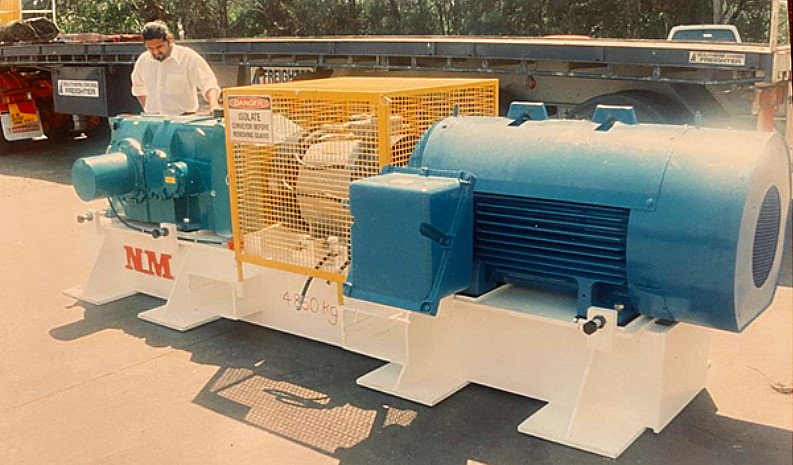 Working as an Engineer and more recently, as a superintendent leading a team of engineers and trades, my work colleagues, peers and the senior leadership have seen well and truly beyond my race, colour and religion. And they have embraced me and supported me, for which I am forever grateful. Indeed, I have had many questions, good questions around Islam and its tenants from people within the industry, Islam having been seen more readily in all aspects of the media nowadays. Reflecting back Reflecting back on my upbringing, my personal circle of friends stemmed primarily from those early primary school years at Randwick. These friendships have been firm throughout my life. It is those early relationships, that our fathers and mothers set us up with, that have truly stood the test of time. The influence of growing up in the Bangladeshi community from an early age has had a lasting impact on me, both culturally and religiously. The weekend family dawats (banquets), life around Surry Hills Mosque with my father, the Bundock Community centre gatherings with friends, have all decidedly impacted on my social and behavioural outlook. And of course, with God’s Almighty Grace, I have been provided with a rich and wonderful heritage in Islam, and an eternal connection with Bangladesh. I have shared these connections with my wife and children, having taken them to Bangladesh on a number of occasions. During the early days of my primary and high school, we used to visit Bangladesh every three years as a family. And thereafter I would return on my own or with my father every year from about 2008 until 2019, pre-COVID 19, to assist with the running of the orphanage my father set up before his passing. These trips to Bangladesh created yet another ‘phase’ in my identity, and created an extremely tight ‘connectedness’ with the country of my father and forefathers’ origins, Alhamdulil’Llah! |
Comments:


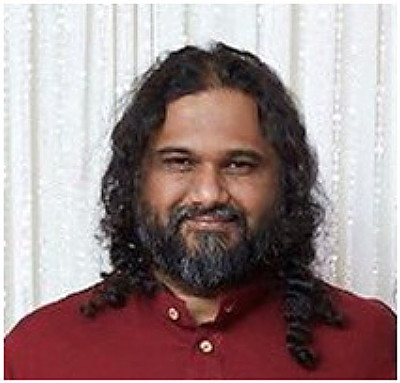
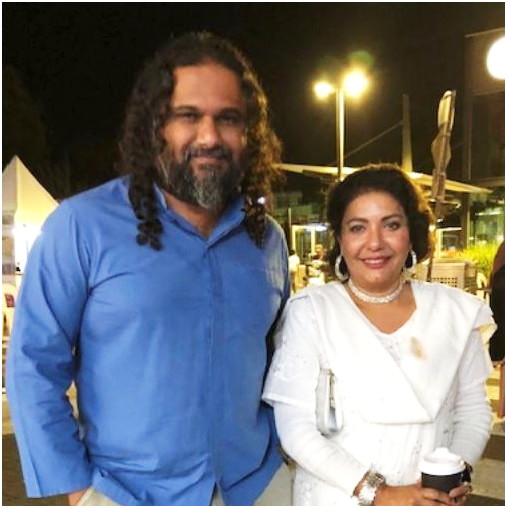
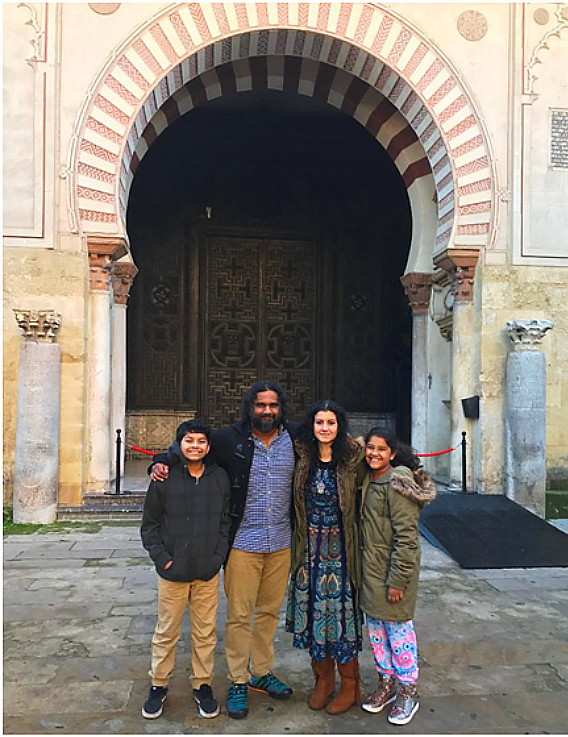

 Nomination Form is available at the end of the notice
Nomination Form is available at the end of the notice 